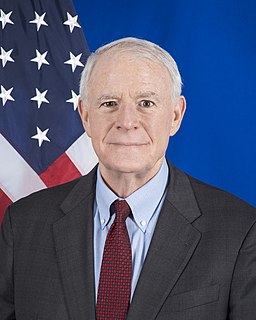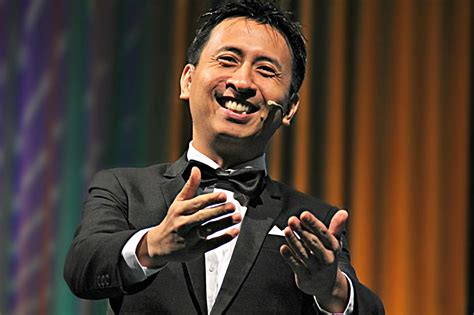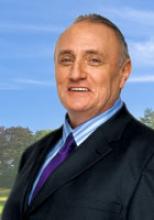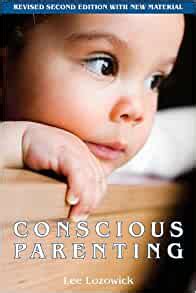A Quote by Michael Josephson
Our character is revealed by how we treat people who cannot help us or hurt us.
Related Quotes
The way we treat people we think can't help or hurt us - like housekeepers, waiters, and secretaries - tells more about our character than how we treat people we think are important. How we behave when we think no one is looking or when we don't think we will get caught more accurately portrays our character than what we say or do in service of our reputations.
There is no enemy can hurt us but by our own hands. Satan could not hurt us, if our own corruption betrayed us not. Afflictions cannot hurt us without our own impatience. Temptations cannot hurt us, without our own yieldance. Death could not hurt us, without the sting of our own sins. Sins could not hurt us, without our own impenitence.
As we live our human lives, let us be like the water. Let us be conscious of the flow. Let us not forget the great ground of being that draws us on through life. Let us live in a knowing hope, aware that all being is in transition, that all movement is back to the source. Let us treat those around us as reminders of our illusionary individuality. We know that they are us and we are them connected in ways we cannot fathom. Let us grow in compassion for all beings, for they share our journey.
What is forgiving? Forgiving is giving up all claim on one who had hurt you and letting go of the emotional consequences of the hurt. How can we do that? It's done at the price of beating back our pride. By nature we are selfish. Forgiving, by definition, is unselfish. Being hurt by another person wounds our pride. Pride stands in the way of forgiving. We cannot forgive without God's help. It might be possible for us to forgive something inconsequential without God's help; but in significant matters, we are unlikely to accomplish anything without God's involvement in the process.
Sometimes people hurt us unintentionally. We may view that they've hurt us intentionally and want revenge. But sometimes when we really look back again, we can see that they weren't intentional in trying to hurt us. That's when we need to confess our judgment of them and forgive them for their unintentional hurts committed against us.
I know that God loves us. He allows us to exercise our moral agency even when we misuse it. He permits us to make our own decisions. Christ cannot help us if we do not trust Him; He cannot teach us if we do not serve Him. He will not force us to do what's right, but He will show us the way only when we decide to serve Him. Certainly, for us to serve in His kingdom, Christ requires that we experience a change of thought and attitude.
The institutions of human society treat us as parts of a machine. They assign us ranks and place considerable pressure upon us to fulfill defined roles. We need something to help us restore our lost and distorted humanity. Each of us has feelings that have been suppressed and have built up inside. There is a voiceless cry resting in the depths of our souls, waiting for expression. Art gives the soul's feelings voice and form.
Our bodies need regular washing because we get dirty everyday. But so do our hearts! Because each day, people hurt us, offend us, forget us, snub us, step on us, reject us. But if we choose to forgive everyone everyday, we cleanse our hearts! We wake up the next morning refreshed and pure and lovely!
Our sense of identity is in large measure conferred on us by others in the ways they treat or mistreat us, recognize or ignore us, praise us or punish us. Some people make us timid and shy; others elicit our sex appeal and dominance. In some groups we are made leaders, while in others we are reduced to being followers. We come to live up to or down to the expectations others have of us.
The storyteller is deep inside everyone of us. The story-maker is always with us. Let us suppose our world is attacked by war, by the horrors that we all of us easily imagine. Let us suppose floods wash through our cities, the seas rise . . . but the storyteller will be there, for it is our imaginations which shape us, keep us, create us - for good and for ill. It is our stories that will recreate us, when we are torn, hurt, even destroyed. It is the storyteller, the dream-maker, the myth-maker, that is our phoenix, that represents us at our best, and at our most creative.































